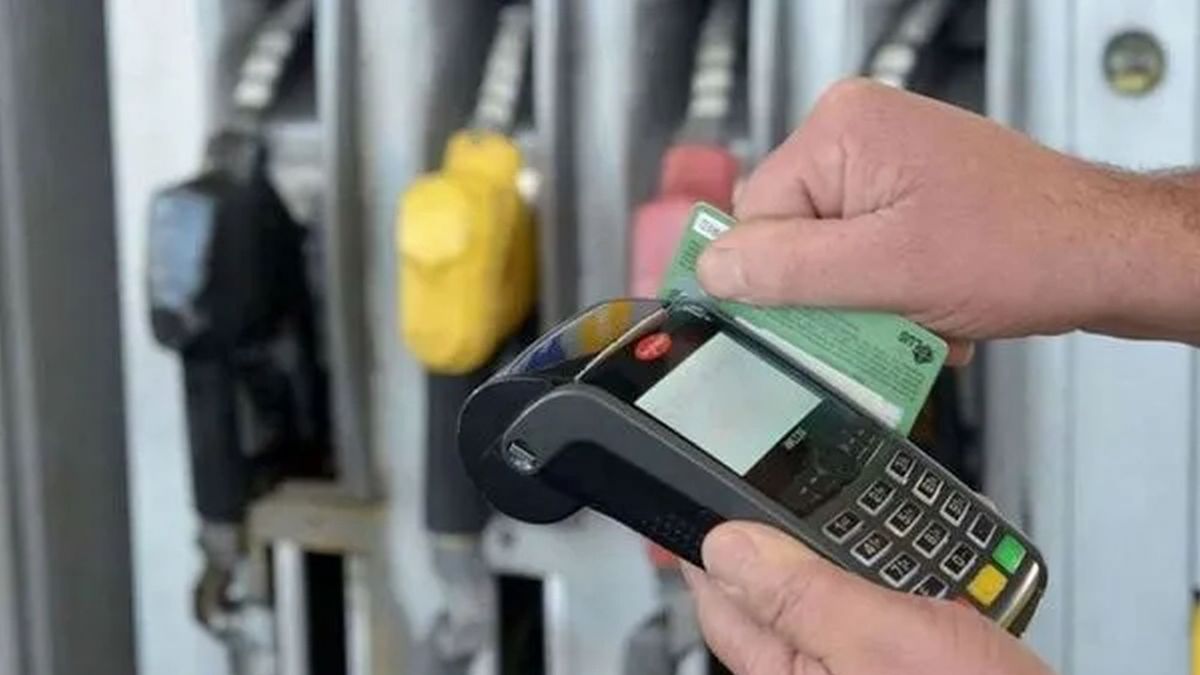The Union of Nafta Sellers (Unvenu) could initiate legal actions against the banks due to the situation of high tariffs for which they have been claiming for months, and that harms businessmen in charging with cards.
The union’s claim for what they consider “abusive” tariffs It has been going on for years, but in recent months it has taken on a greater dimension, especially in the face of greater adoption of digital payment methods and, particularly, debit and credit cards. For stationers, collecting payments with this alternative is detrimental in most cases, since the tariffs are very high and even exceed the profits of the entrepreneurs themselves.
At service stations, currently, a fee of 1.22% + VAT is paid in the event that it is paid with debit cards, while credit cards have a fee of 1.25% + VAT.
This situation led fuel sellers from Maldonado, for example, they will not accept card payments at the beginning of the summer season. Now, the union is analyzing the possibility of filing a lawsuit for the same reason, with the aim of making the sale more competitive.
The measure is inspired by a demand from the Argentine Federation of Interior Naphtha Dispensers that, with the support of the Confederation of Hydrocarbons and Related Trade Entities of the Argentine Republic (CECHA)carried out a trial against the credit card representative VISA in the neighboring country, and the judge ruled in favor of the stationers; which achieved a reduction in commissions and payment terms that are imposed unilaterally.
“That they have to win seems very good to me, but I think it should be a reasonable coste, since it is a transaction that only has an administrative cost”, highlighted the president of Unvenu, Daniel Anon, about banks and payment processors.
He also questioned, in dialogue with Radio Carve, that companies in many cases earn more money with this means of payment than the station owners themselves, since more than 80% of sales are made with cards, and these they take between 12% and 13% of the total profits of the stationers. According to Añón, the payment to the banks represents the second or third cost that the stations have, depending on whether or not they have rent. “One is working to bring the profit to the banks”he opined.
A measure without progress by the BCU
He Central Bank of Uruguay (BCU) It has been studying alternative payment platforms to cards to reduce the cost of fees since last year, after Unvenu’s strong claims on this issue that, until now, have not had clear answers.
In this sense, the Brazilian scheme is the one that continues to advance with the outside within the limited progress on this issue. It is a clearinghouse that allows retail payments between people and people – businesses, supported by an instant money transfer scheme but with technological facilities that allow payments to be made easily, through a QR code, For example.
If approved, this modality will not replace credit, and transactions will have a cost that cannot yet be defined or estimated, since pricing in Brazil It is different from the Uruguayan.
Source: Ambito




